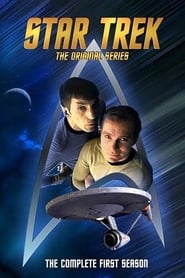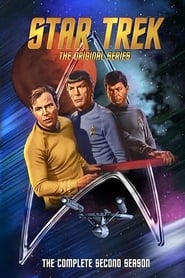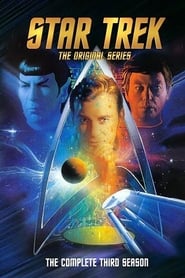To boldly go where no man has gone before
Space. The Final Frontier. The U.S.S. Enterprise embarks on a five year mission to explore the galaxy. The Enterprise is under the command of Captain James T. Kirk with First Officer Mr. Spock, from the planet Vulcan. With a determined crew, the Enterprise encounters Klingons, Romulans, time paradoxes, tribbles and genetic supermen led by Khan Noonian Singh. Their mission is to explore strange new worlds, to seek new life and new civilizations, and to boldly go where no man has gone before.
*Nếu bộ phận kiểm duyệt của chúng tôi phê duyệt phiên bản của bạn, nó sẽ được thay thế và bạn sẽ được ghi công là tác giả của văn bản.
Trang chủ
Năm:1966
Số tập79
Số mùa3
Thời lượng tập50
Trạng tháiEnded
Thể loạiSci-Fi & FantasyPhim Chính Kịch
Các quốc gia sản xuấtUnited States of America





